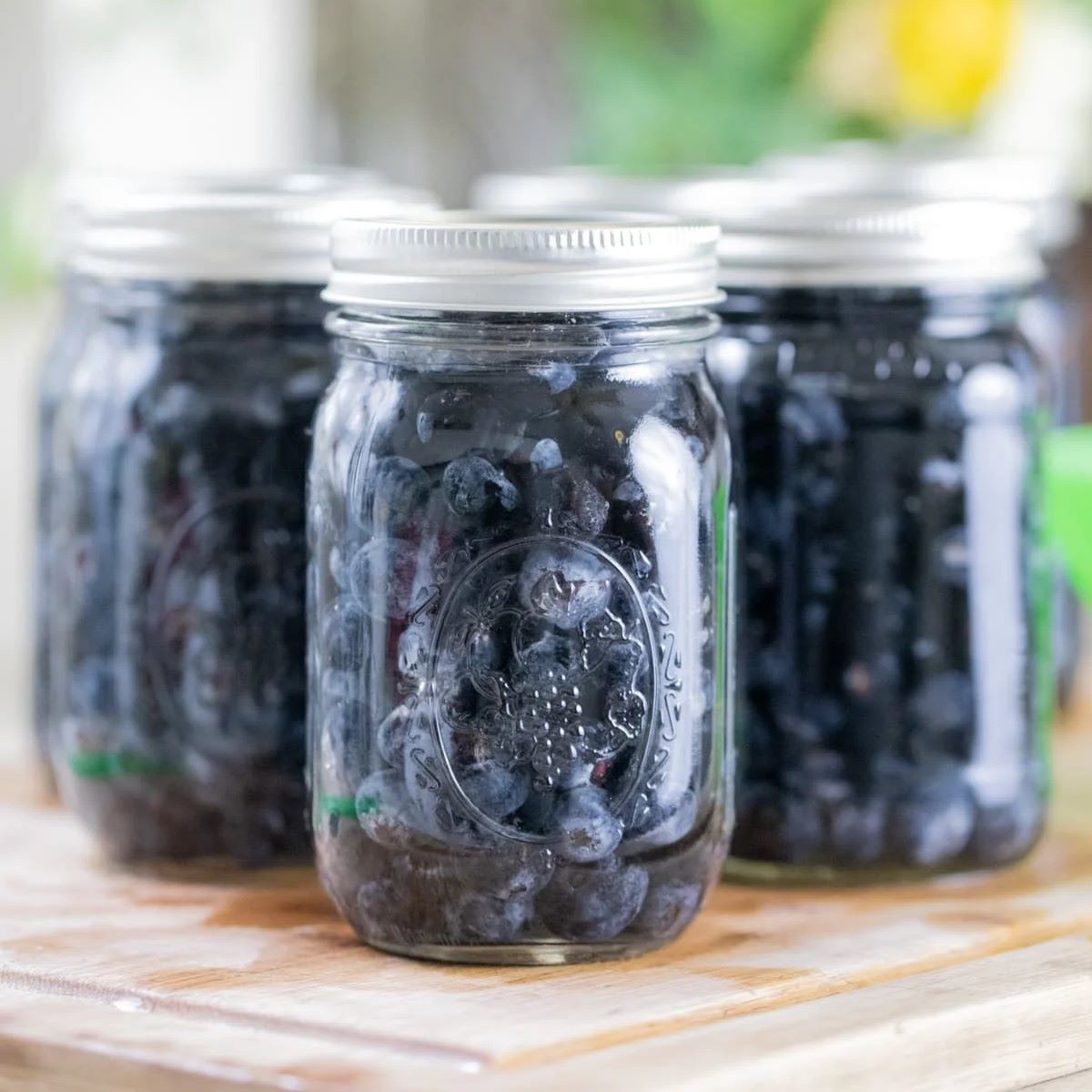

Articles
How To Store Blueberries In Mason Jars
Modified: August 28, 2024
Learn how to store blueberries in mason jars with our helpful articles. Keep your berries fresh and flavorful for longer periods.
(Many of the links in this article redirect to a specific reviewed product. Your purchase of these products through affiliate links helps to generate commission for Storables.com, at no extra cost. Learn more)
Introduction
Blueberries are a delicious and nutritious fruit that can be enjoyed in a variety of ways. Whether you grow your own blueberries or purchase them from a farmer’s market or grocery store, it’s important to store them properly to preserve their flavor and freshness.
One of the best ways to store blueberries is by using mason jars. Mason jars are not only functional but also add a touch of charm to your pantry or kitchen. They provide an airtight seal, preventing air and moisture from getting in and causing spoilage.
In this article, we will guide you through the process of storing blueberries in mason jars, ensuring their long shelf life and maintaining their superior taste and texture. From selecting the right blueberries to labeling and optimizing shelf life, we’ve got you covered.
So, let’s dive in and learn how to store blueberries in mason jars, giving you a convenient and visually appealing way to keep these delectable berries fresh for longer.
Key Takeaways:
- Preserve the freshness and flavor of blueberries by storing them in mason jars, ensuring a visually appealing and convenient way to enjoy these delicious berries year-round.
- Properly prep mason jars, select ripe blueberries, and optimize shelf life to savor the taste and nutritional benefits of blueberries long after their harvest.
Read more: How To Store Mason Jars
Choosing the Right Blueberries
When it comes to preserving the flavor and freshness of blueberries, it all starts with choosing the right berries. Here are a few tips to keep in mind:
- Freshness: Look for blueberries that are plump, firm, and free from wrinkles. Avoid berries that are mushy or have visible signs of mold.
- Color: Blueberries should have a deep blue color with a slight silver-gray sheen. The berries should be uniformly colored, indicating that they have ripened evenly.
- Size: While size does not necessarily indicate flavor, larger blueberries tend to be juicier. Choose berries that have a decent size but are not overly large or too small.
It’s worth noting that not all blueberries are created equal. There are different varieties, each with its own unique flavor and texture. Consider the type of blueberries you prefer, such as highbush or lowbush varieties, and choose accordingly.
Furthermore, if you have the opportunity, consider picking your own blueberries. Not only is it a fun and rewarding experience, but it also allows you to hand-select the ripest and freshest berries. Just be sure to handle them gently to avoid bruising.
By carefully selecting the right blueberries, you’re laying the foundation for delicious and long-lasting preserved berries in your mason jars.
Prepping the Mason Jars
Before you start storing blueberries in mason jars, it’s essential to properly prepare the jars to ensure cleanliness and freshness. Follow these steps to prep your mason jars:
- Clean and sterilize: Start by washing your mason jars, lids, and bands in warm, soapy water. Rinse them thoroughly to remove any soap residue. To sterilize them, you have a few options: you can run them through a dishwasher cycle, boil them in water for 10 minutes, or bake them in the oven at 275°F (135°C) for 20 minutes. Let them air dry completely.
- Inspect for cracks or chips: Check each jar for any cracks or chips. Even the tiniest imperfection can compromise the jar’s ability to create an airtight seal. Discard any damaged jars and use only those in pristine condition.
- Prepare the lids and bands: While the jars are drying, bring a small pot of water to a gentle simmer. Place the lids and bands in the simmering water for a few minutes to soften the rubber seal. This step will ensure a secure seal when closing the jars.
By following these prepping steps, you’ll have perfectly clean and sterilized mason jars ready to hold your fresh blueberries.
Storing Blueberries in Mason Jars
Now that you have your mason jars prepped and ready, it’s time to fill them with the delicious blueberries. Follow these steps to ensure proper storage:
- Fill the jars: Carefully place the fresh blueberries into the mason jars, leaving a small amount of headspace at the top. Avoid cramming the berries into the jar to prevent bruising. For smaller jars, consider layering the blueberries to maximize space.
- Airtight seal: Once the jars are filled, securely fasten the lids and bands onto each jar. Ensure that they are tightened enough to create an airtight seal but not too tight.
- Storage location: Store the jars in a cool, dark place away from direct sunlight. Blueberries are sensitive to heat and light, which can accelerate spoilage and impact their flavor. A pantry or cupboard is an ideal location.
By storing blueberries in mason jars, you’ll enjoy several benefits. The airtight seal of the jars helps preserve the berries’ freshness and flavor by preventing air and moisture from entering. Additionally, mason jars offer a visually appealing way to display and organize your preserved blueberries.
Remember to avoid shaking or rough handling of the mason jars to prevent unnecessary bruising of the delicate berries. Handle them with care when removing jars from storage to retain the integrity of the blueberries.
Proper Labeling and Dating
When storing blueberries in mason jars, it’s crucial to label and date each jar to keep track of their freshness and know when they were stored. Here are some tips for proper labeling and dating:
- Labeling: Use adhesive labels or masking tape to label each jar. Write down the contents, which in this case is “blueberries,” to avoid any confusion. You can also include additional information such as the variety of blueberries or any special notes you’d like to remember.
- Dating: Write down the date when the blueberries were stored in the jars. This information helps you keep track of their shelf life and prioritize which jars to use first. It’s recommended to use a permanent marker to ensure the date stays legible even after extended storage.
Proper labeling and dating of your blueberry-filled mason jars not only help you stay organized and informed, but they also add an extra touch of personalization to your storage system. Plus, when you’re ready to use the blueberries, you’ll know exactly when they were preserved.
Remember to affix the labels or tape to a flat surface of the mason jar to ensure they don’t peel off or become unreadable over time. This way, you can easily identify your delicious blueberries when reaching for them in your pantry.
To store blueberries in mason jars, make sure they are completely dry before placing them in the jars. Store the jars in the refrigerator to keep the blueberries fresh for longer.
Read more: How To Store Cucumbers In Mason Jars
Optimizing Shelf Life
To extend the shelf life of your stored blueberries in mason jars, follow these tips:
- Keep them dry: Moisture is the enemy of freshness. Ensure that the blueberries are completely dry before placing them in the mason jars. Any excess moisture can contribute to mold growth and spoilage.
- Minimize exposure to oxygen: Oxygen can accelerate the deterioration of blueberries. When filling the mason jars, be sure to press down gently to remove any excess air pockets. The tighter the berries are packed, the less exposure they have to oxygen.
- Avoid temperature fluctuations: Blueberries are sensitive to changes in temperature. Store the mason jars in a location with a stable temperature, ideally between 32°F (0°C) and 40°F (4°C). Avoid placing the jars near heat sources or in areas prone to temperature fluctuations.
- Check for spoilage regularly: Periodically inspect the mason jars of blueberries for any signs of spoilage, such as mold or off odors. If you notice any spoiled berries, remove them immediately to prevent the spread of mold to the rest of the batch.
Following these guidelines will ensure that your blueberries remain fresh and delicious for an extended period. However, it’s important to note that even with proper storage, blueberries will naturally lose some of their texture and flavor over time. It’s best to consume them within a few months of storage for optimal taste.
If you come across jars that have been stored for an extended period, consider using them in recipes that involve cooking or baking, where slight changes in texture are less noticeable.
By optimizing the shelf life of your stored blueberries, you can enjoy the delicious taste of summer even during the colder months.
Using Frozen Blueberries
If you have an abundance of fresh blueberries or want to take advantage of a sale, freezing them is a great way to preserve their flavor and nutritional value. Here’s how you can use frozen blueberries:
- Prepping the blueberries: Start by washing the blueberries under cold water and removing any stems or leaves. Pat them dry with a paper towel to remove excess moisture.
- Freezing the blueberries: Spread the blueberries in a single layer on a baking sheet lined with parchment paper. This prevents them from clumping together during freezing. Place the baking sheet in the freezer and let the blueberries freeze for a few hours, or until they are firm.
- Transferring to containers: Once the blueberries are frozen, transfer them to airtight containers or freezer-safe bags. Be sure to label the containers with the date. This way, you can easily keep track of their freshness.
Frozen blueberries can be used in a variety of ways:
- Smoothies: Frozen blueberries add a refreshing and vibrant touch to smoothies. Simply blend them with your favorite fruits, yogurt, and a liquid of your choice for a delicious and nutritious drink.
- Baking: Frozen blueberries are excellent for baking. Whether you’re making muffins, cakes, or pancakes, simply add the frozen blueberries to the batter. They’ll add bursts of juicy flavor and prevent the berries from sinking to the bottom.
- Toppings: Sprinkle frozen blueberries on top of your breakfast cereal, yogurt, or oatmeal for a burst of antioxidants and natural sweetness.
- Jams and preserves: Frozen blueberries are perfect for making homemade jams and preserves. Simmer them with sugar and lemon juice, and you’ll have a delectable spread to enjoy year-round.
Using frozen blueberries allows you to enjoy the taste and nutritional benefits of blueberries even when they’re out of season. They’re versatile, convenient, and a great addition to a variety of dishes and recipes.
Safety Precautions
When storing blueberries in mason jars or using frozen blueberries, it’s important to keep these safety precautions in mind:
- Hygiene: Always ensure that your hands, utensils, and work surfaces are clean when handling blueberries. This helps prevent the transfer of harmful bacteria and keeps your preserved berries safe to consume.
- Proper storage temperature: Blueberries should be stored in a cool environment to prevent spoilage. Avoid storing them in warm areas or exposed to direct sunlight, as this can accelerate decay and reduce their shelf life.
- Inspect for signs of spoilage: Regularly check your stored blueberries for any signs of mold, off odors, or discoloration. If any jars show indications of spoilage, discard them immediately to avoid the risk of consuming spoiled berries.
- Thawing frozen blueberries: If you are using frozen blueberries, it’s essential to thaw them properly. Place the desired amount of frozen blueberries in the refrigerator overnight or use the defrost setting in your microwave. Avoid thawing blueberries at room temperature, as this can promote the growth of bacteria.
- Expiration dates: Blueberries, whether fresh or stored in mason jars, have a limited shelf life. It’s advisable to consume them within a few months for optimal quality. Always check the expiration dates of your preserved blueberries and discard any that have exceeded their recommended storage duration.
By following these safety precautions, you can ensure the longevity and safety of your stored blueberries. Remember that proper handling, storage, and awareness of signs of spoilage are vital for preserving the freshness and quality of your blueberries.
Additionally, if you have any food allergies or sensitivities, be sure to read the ingredient labels of any jars or packages of preserved blueberries to avoid any potential allergens.
Conclusion
Storing blueberries in mason jars is a fantastic way to preserve their flavor, freshness, and nutritional benefits. Whether you’re an avid blueberry picker or simply want to take advantage of seasonal abundance, following the correct storage methods will allow you to enjoy these delicious berries long after their harvest.
By carefully selecting ripe and firm blueberries and properly prepping your mason jars, you can create an airtight seal that keeps air and moisture at bay. This ensures that your blueberries stay fresher for longer, retaining their taste and texture.
Remember to label and date your mason jars for easy identification and tracking. Optimizing the shelf life of your blueberries involves keeping them dry, minimizing oxygen exposure, avoiding temperature fluctuations, and regularly checking for signs of spoilage.
If you have an abundance of blueberries, freezing them is an excellent option. Use frozen blueberries in various recipes, such as smoothies, baked goods, and toppings, to enjoy their sweet, juicy flavor year-round.
While storing blueberries in mason jars or using frozen blueberries, always prioritize hygiene, follow proper storage practices, and be mindful of food safety. Regularly inspect your preserved blueberries for signs of spoilage, and discard any jars or packages that show indications of mold or off odors.
In conclusion, with the right guidance and precautions, storing blueberries in mason jars or using frozen blueberries can help you enjoy the goodness of these nutritious berries all year long. So, go ahead and start preserving your blueberries in mason jars to savor their natural sweetness and add a touch of freshness to your culinary endeavors.
Frequently Asked Questions about How To Store Blueberries In Mason Jars
Was this page helpful?
At Storables.com, we guarantee accurate and reliable information. Our content, validated by Expert Board Contributors, is crafted following stringent Editorial Policies. We're committed to providing you with well-researched, expert-backed insights for all your informational needs.
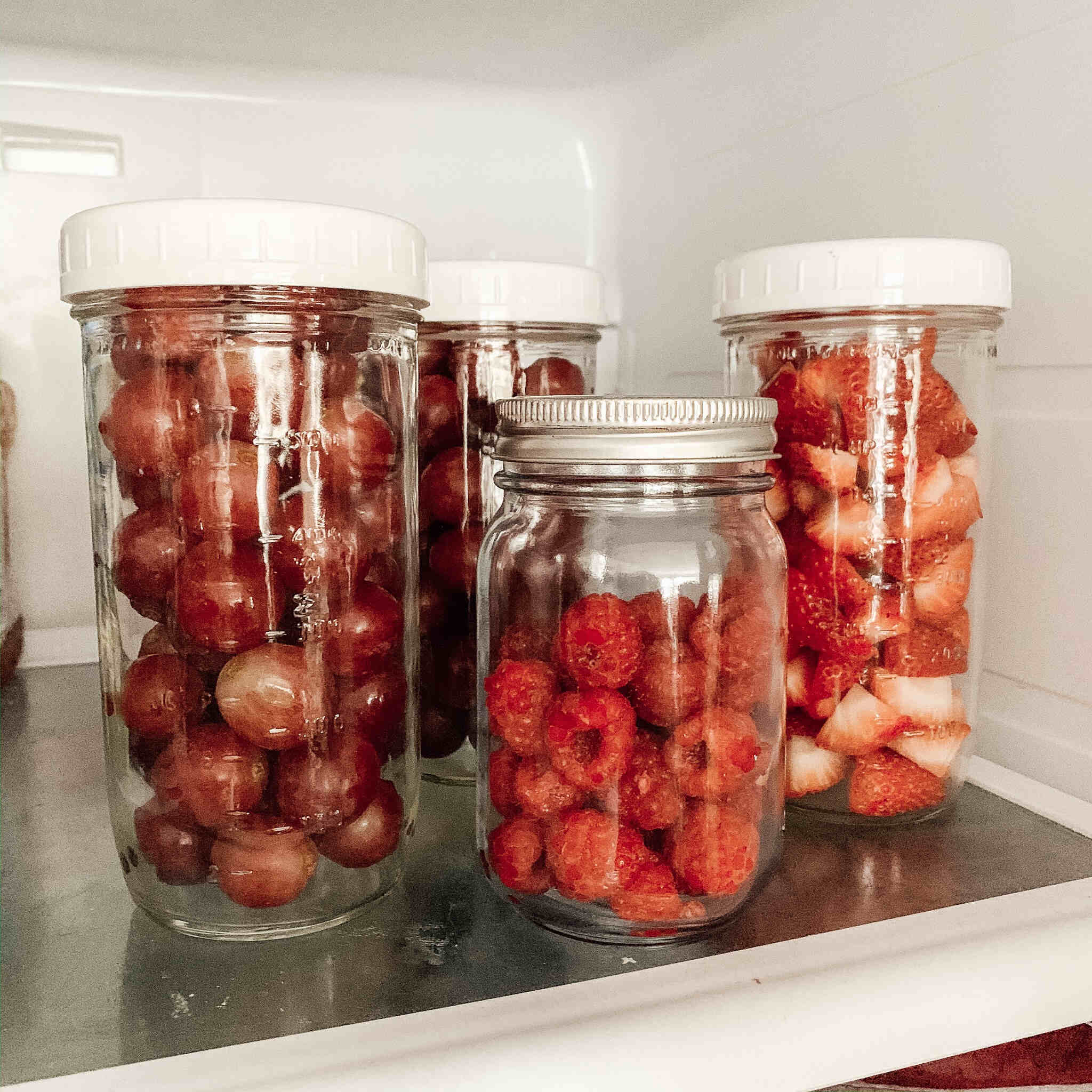
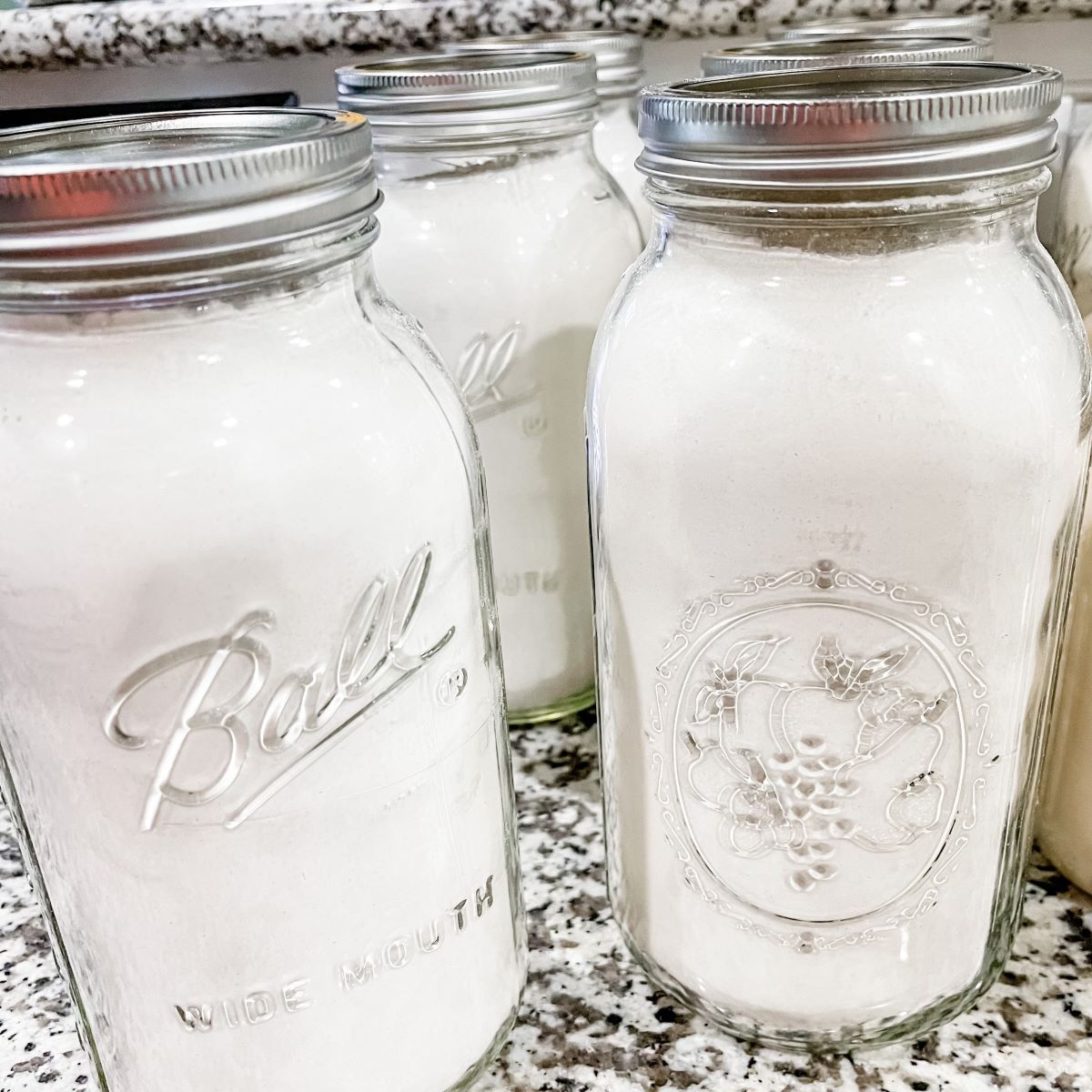
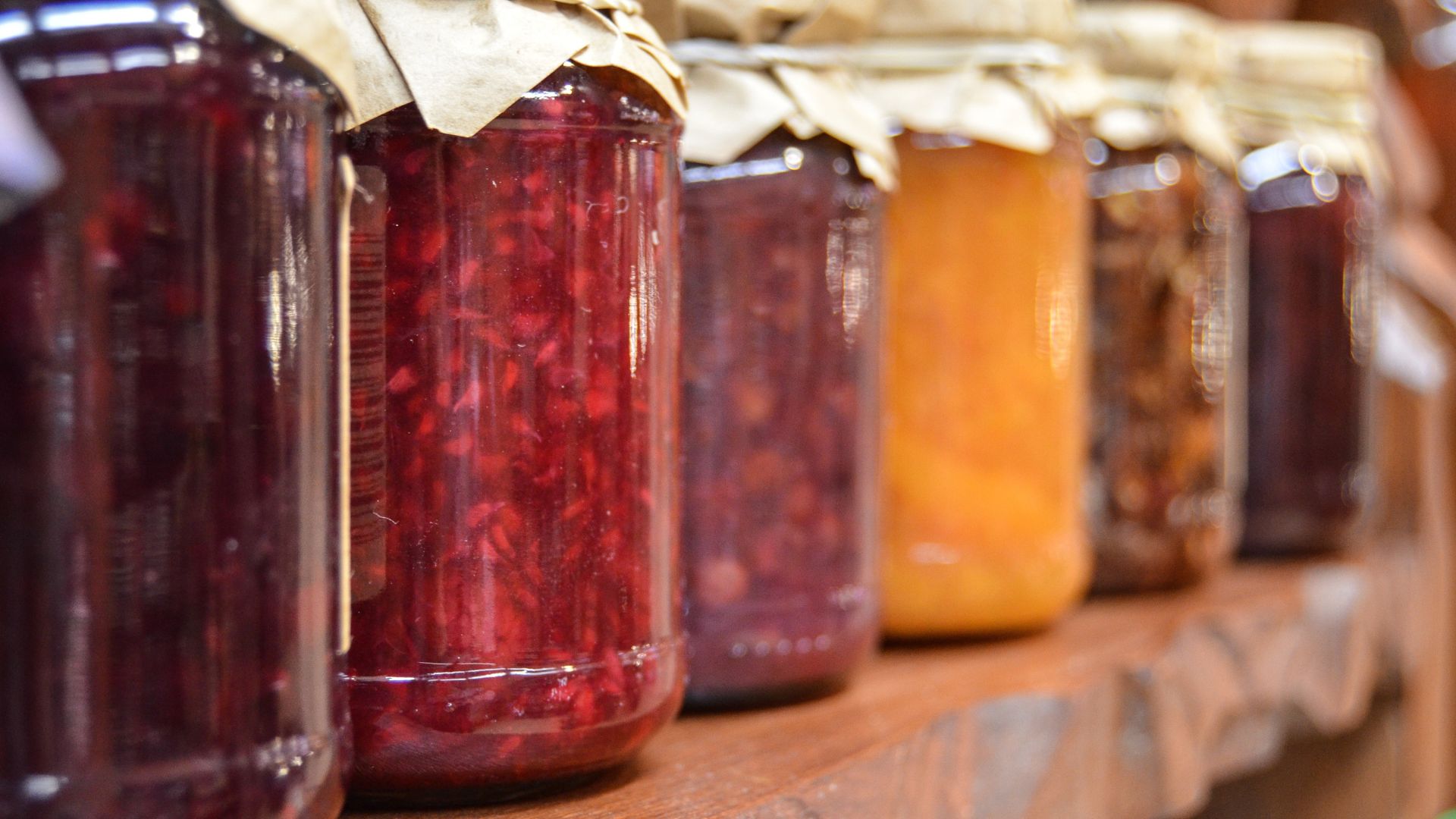
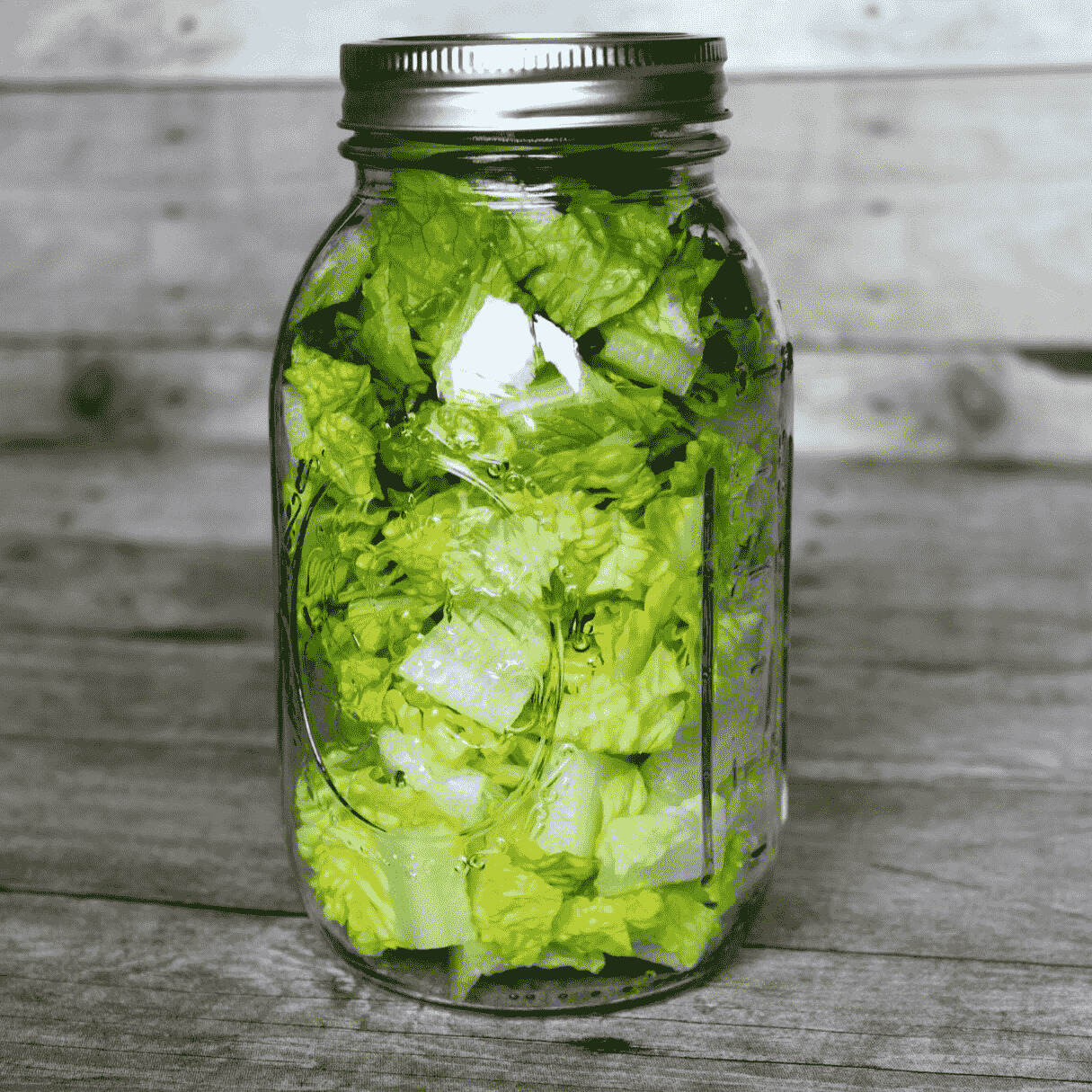
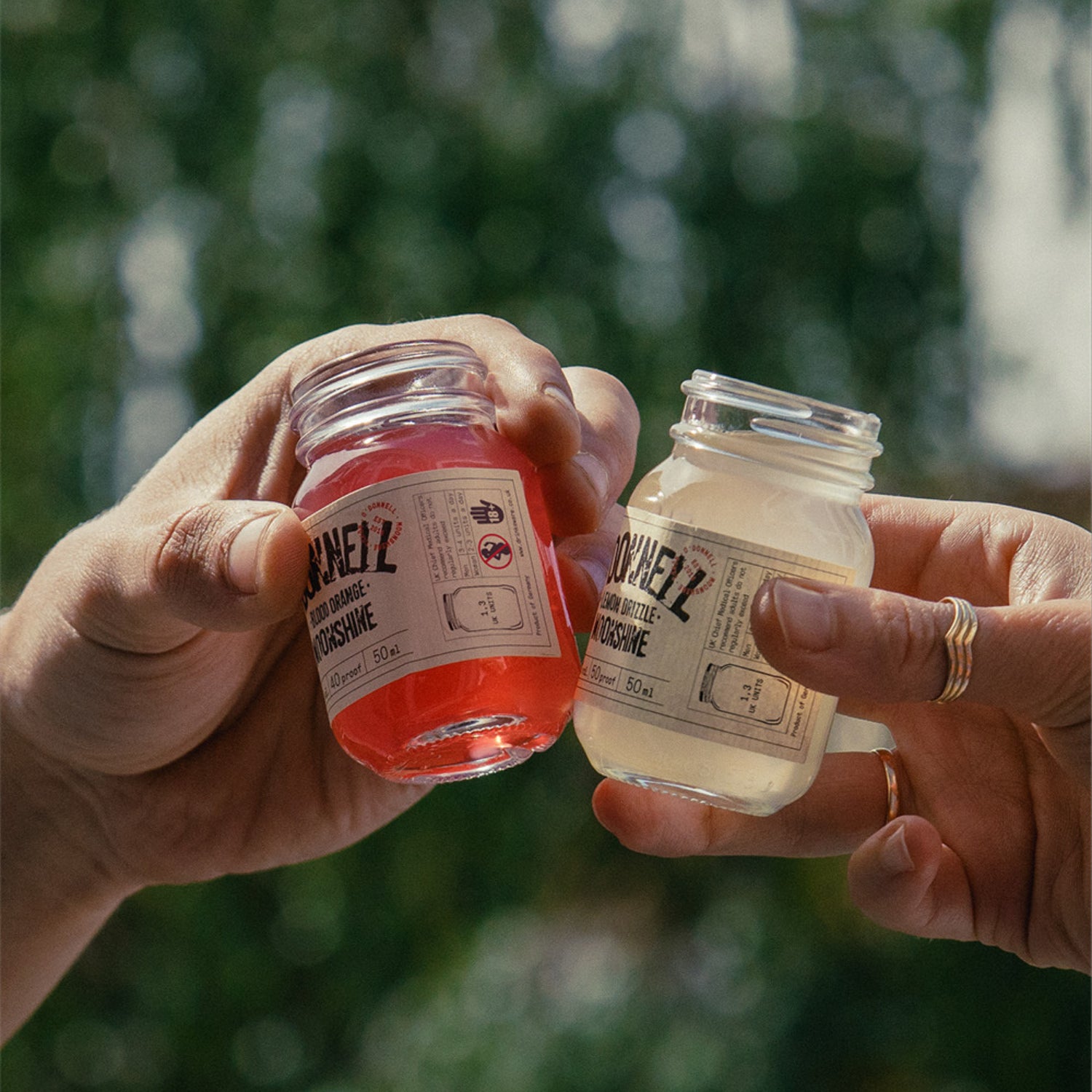
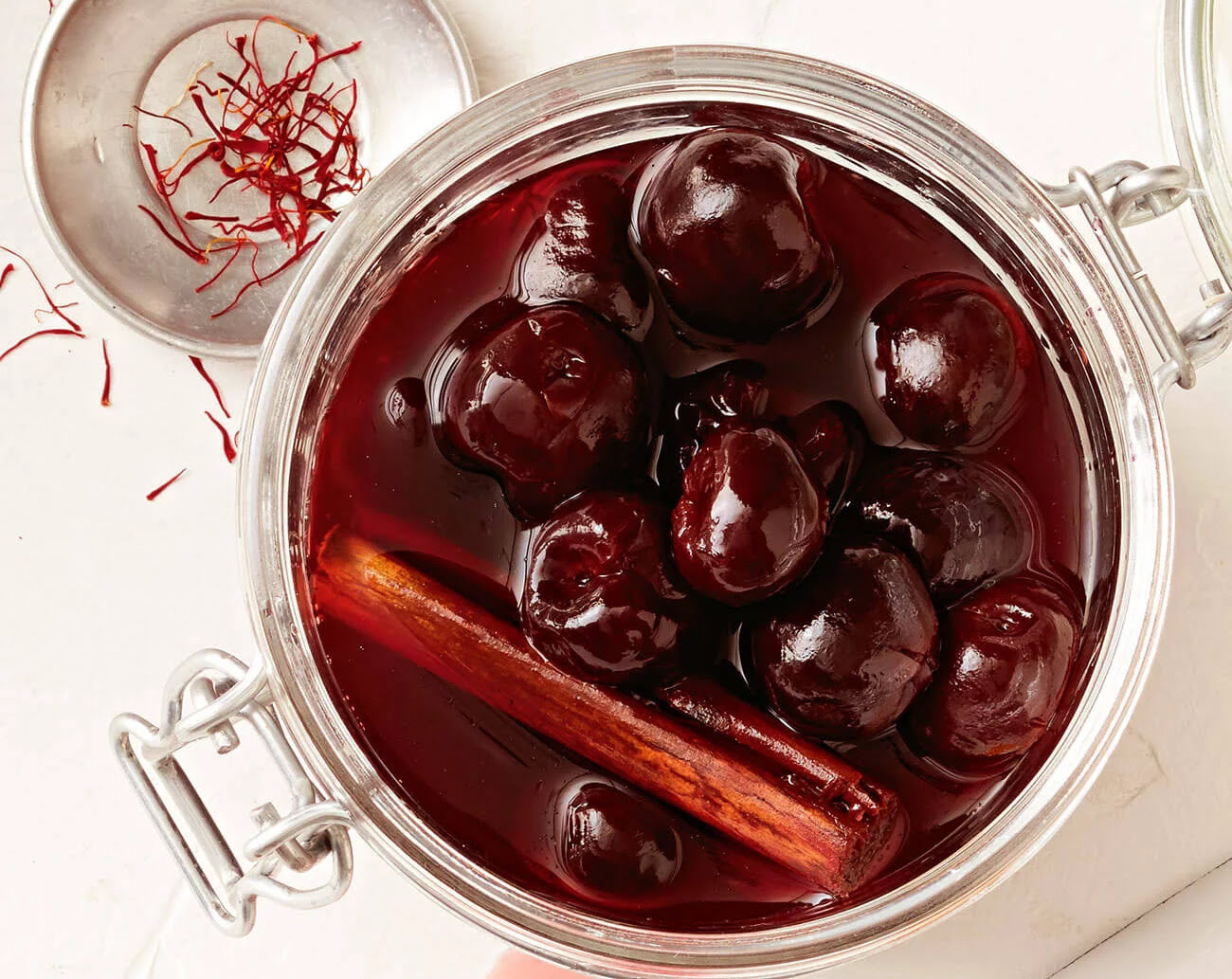
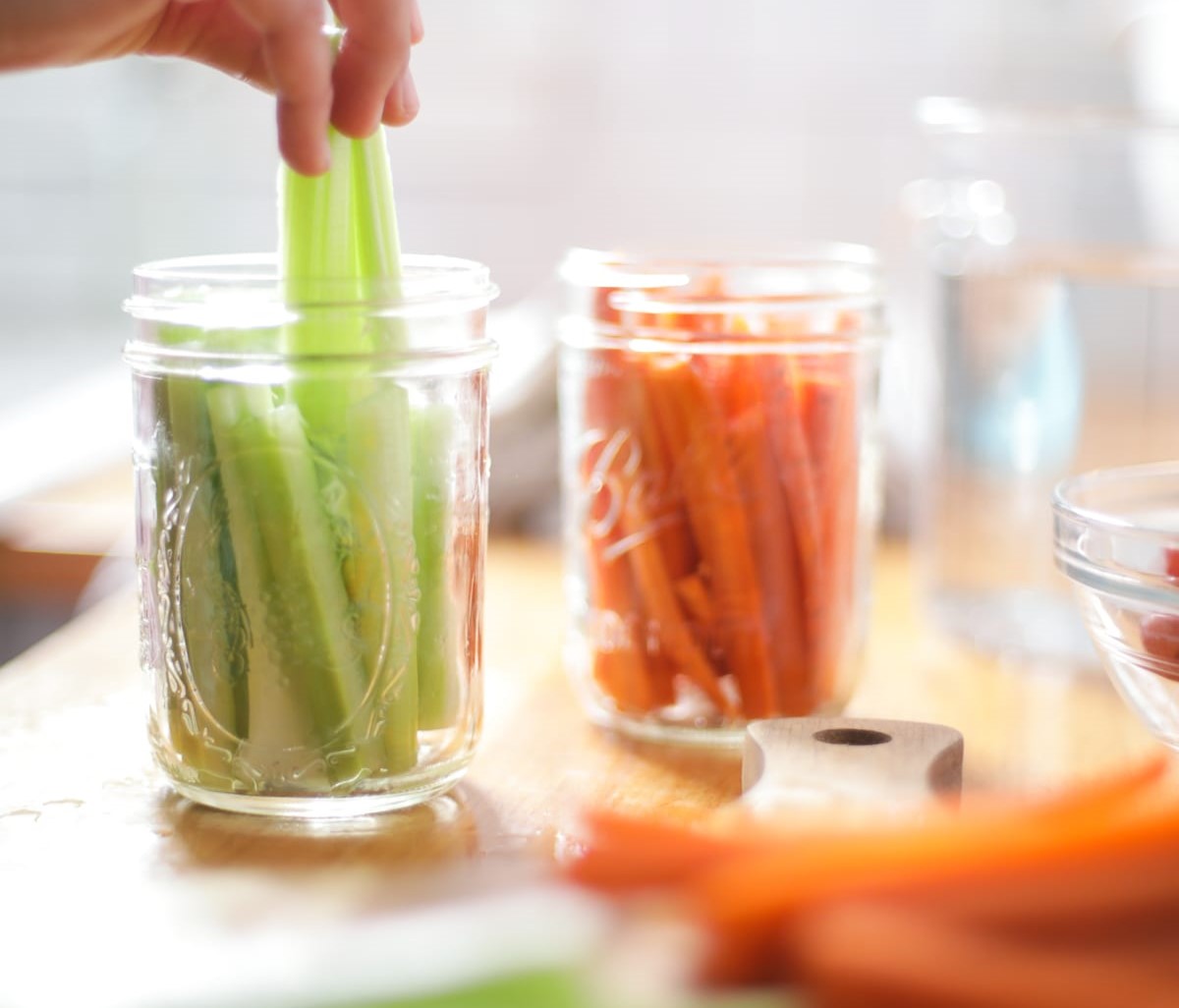
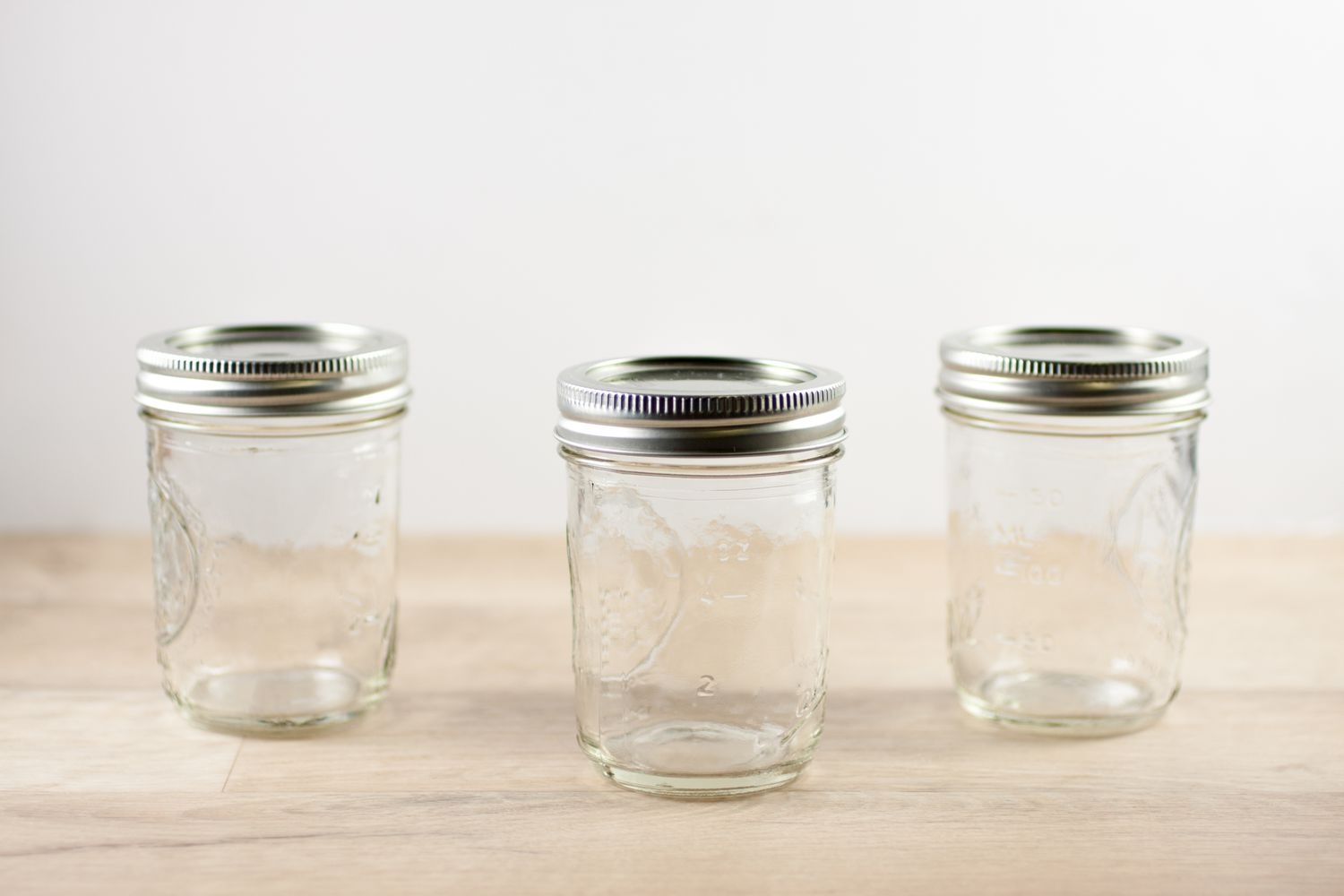
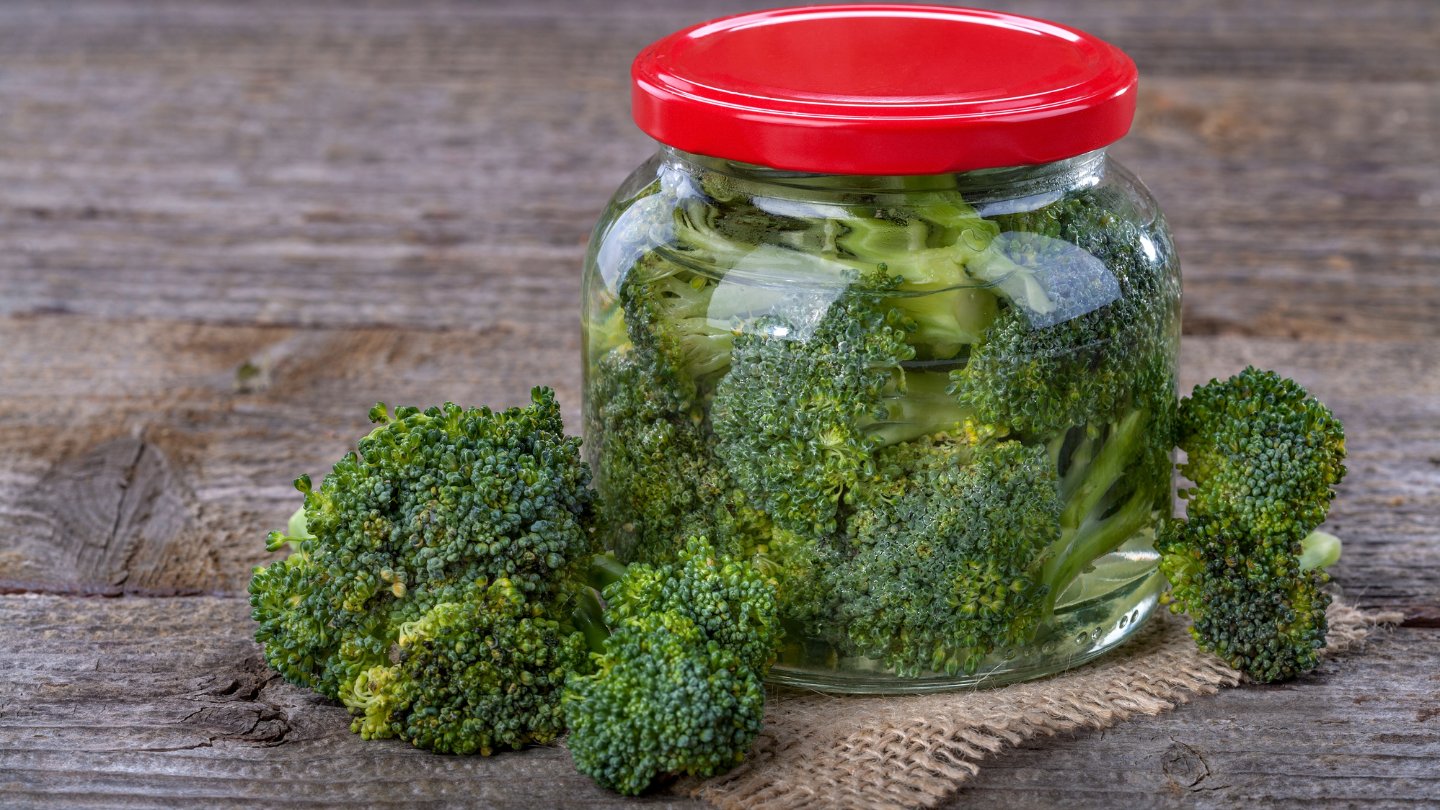
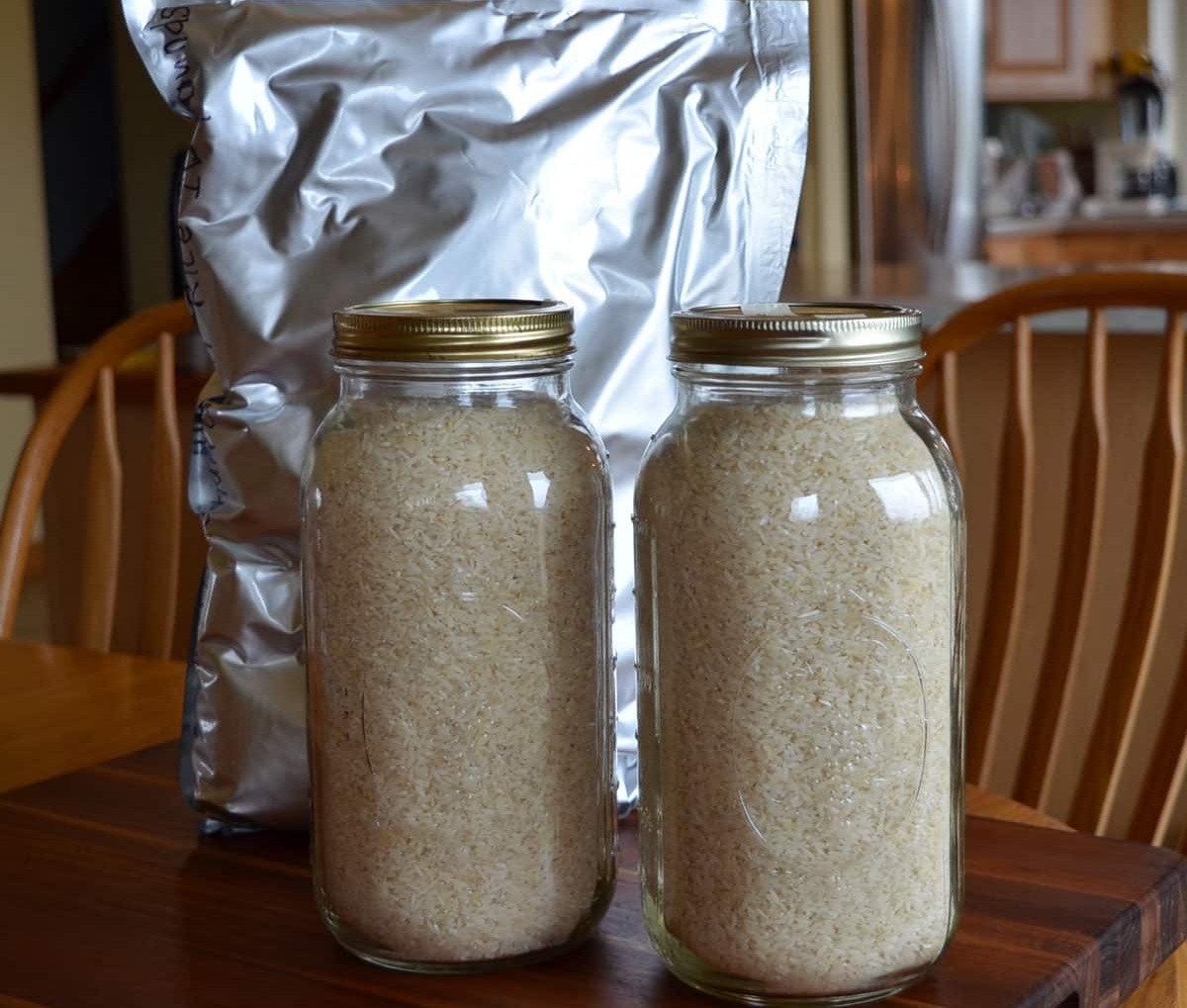
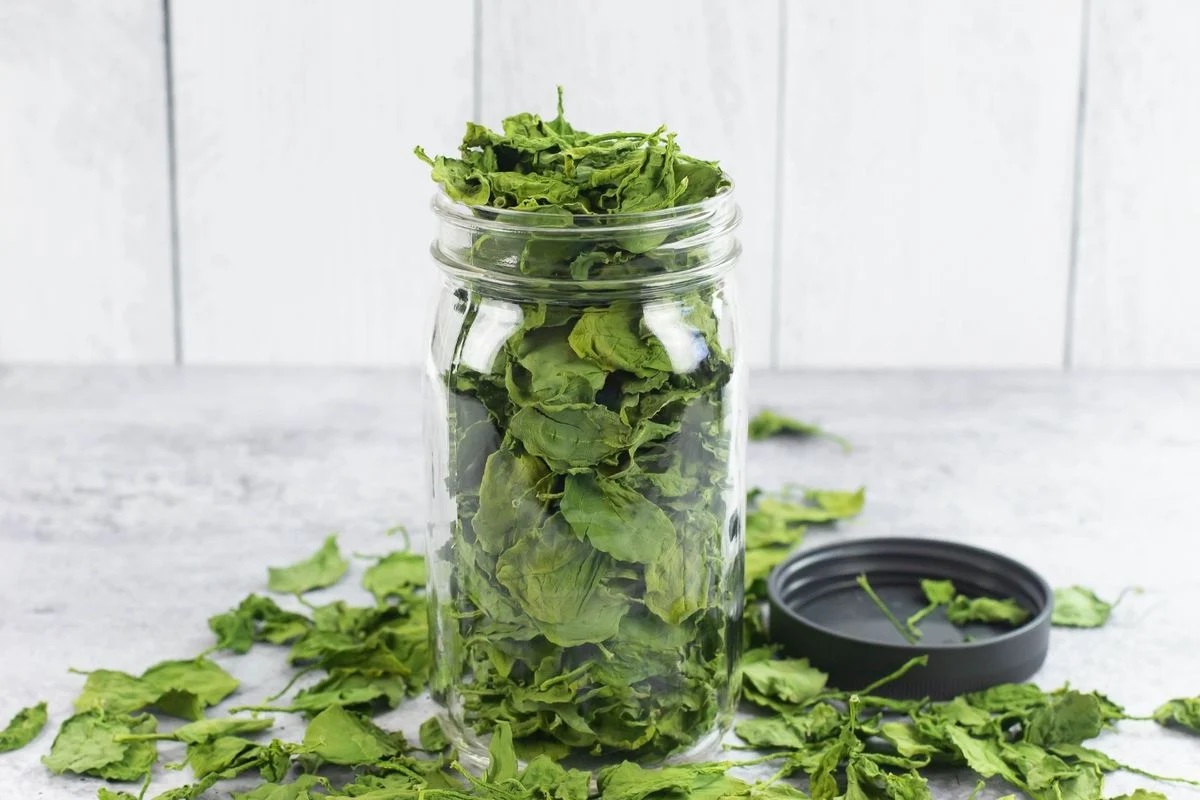
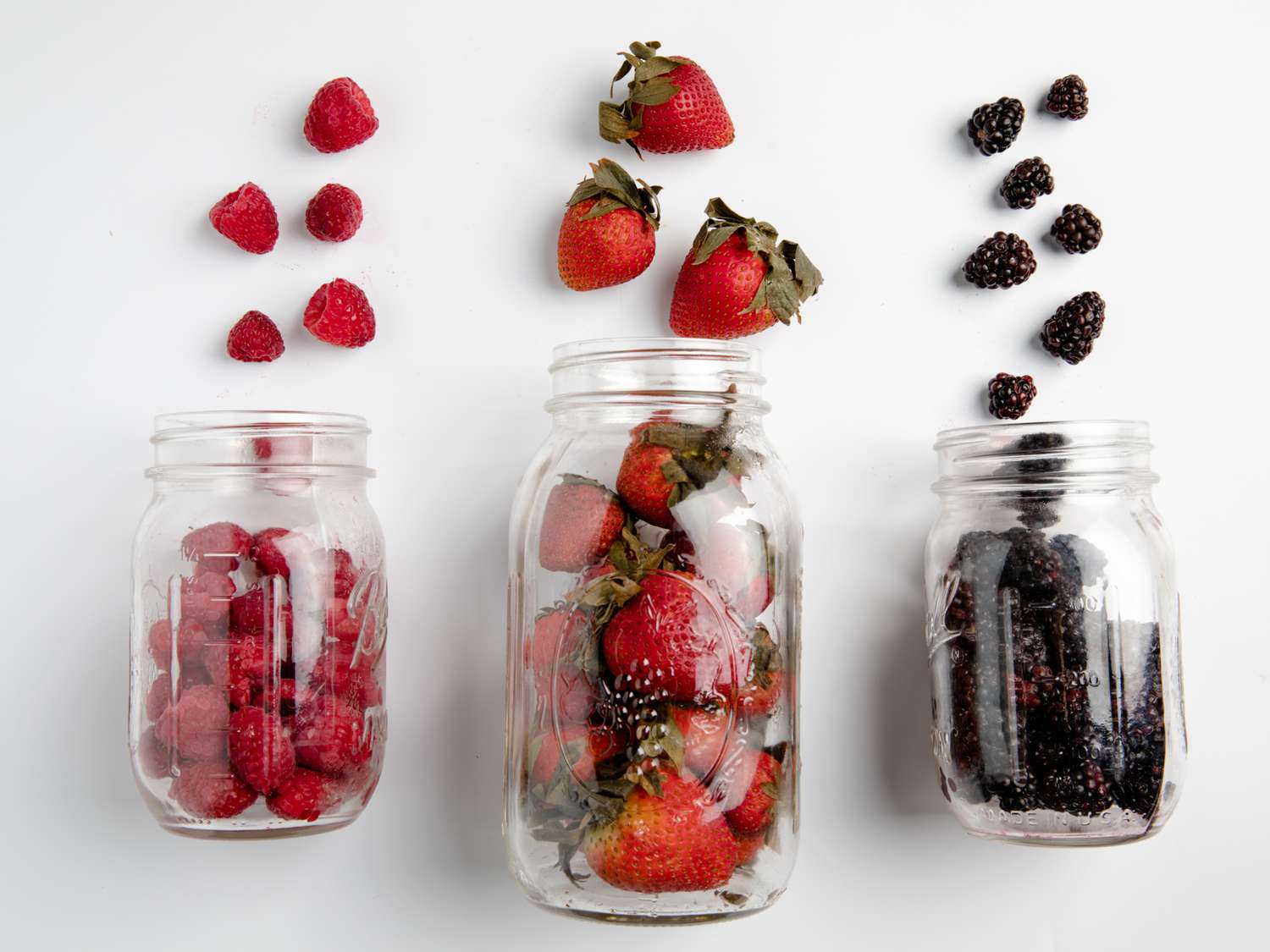
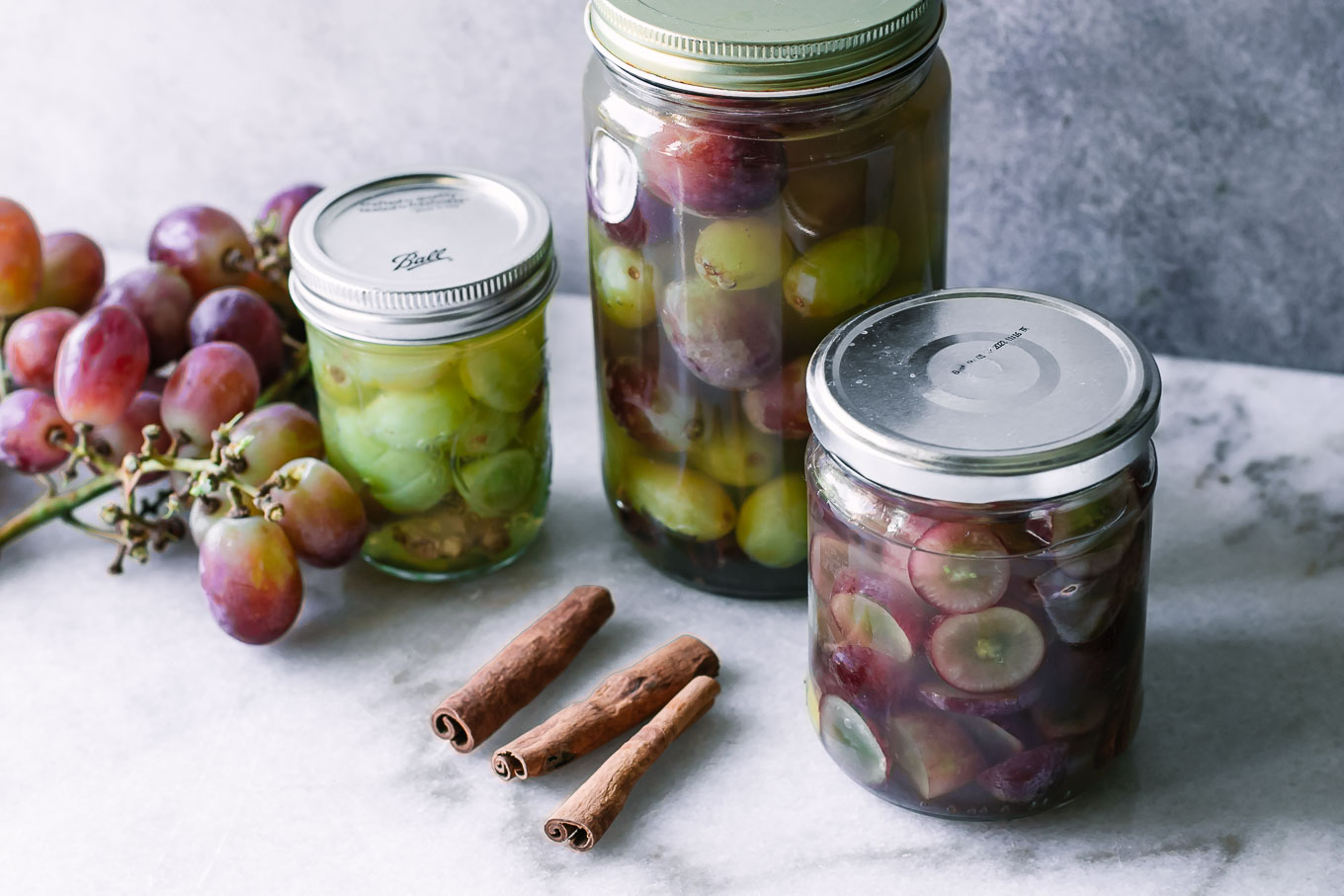
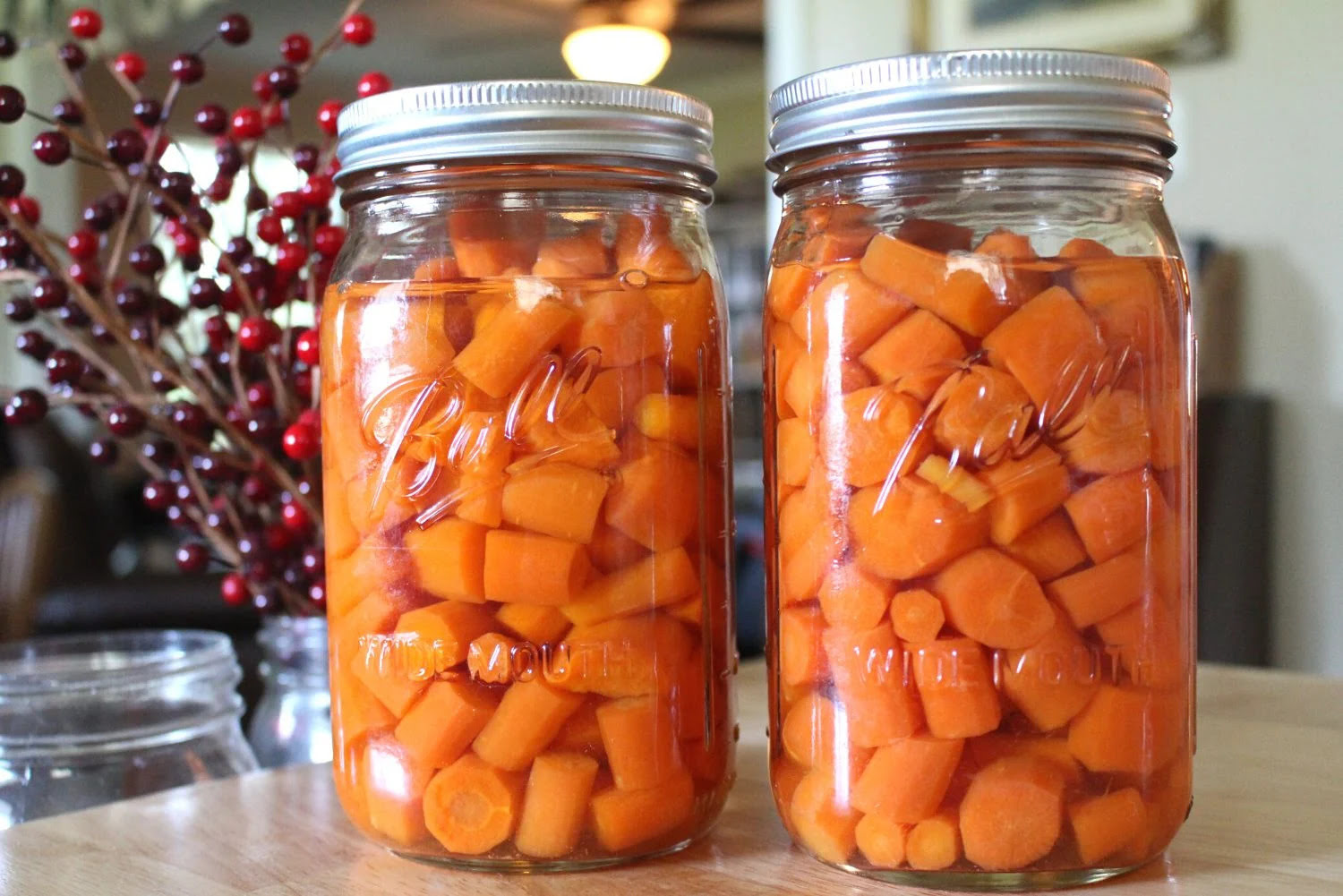

0 thoughts on “How To Store Blueberries In Mason Jars”